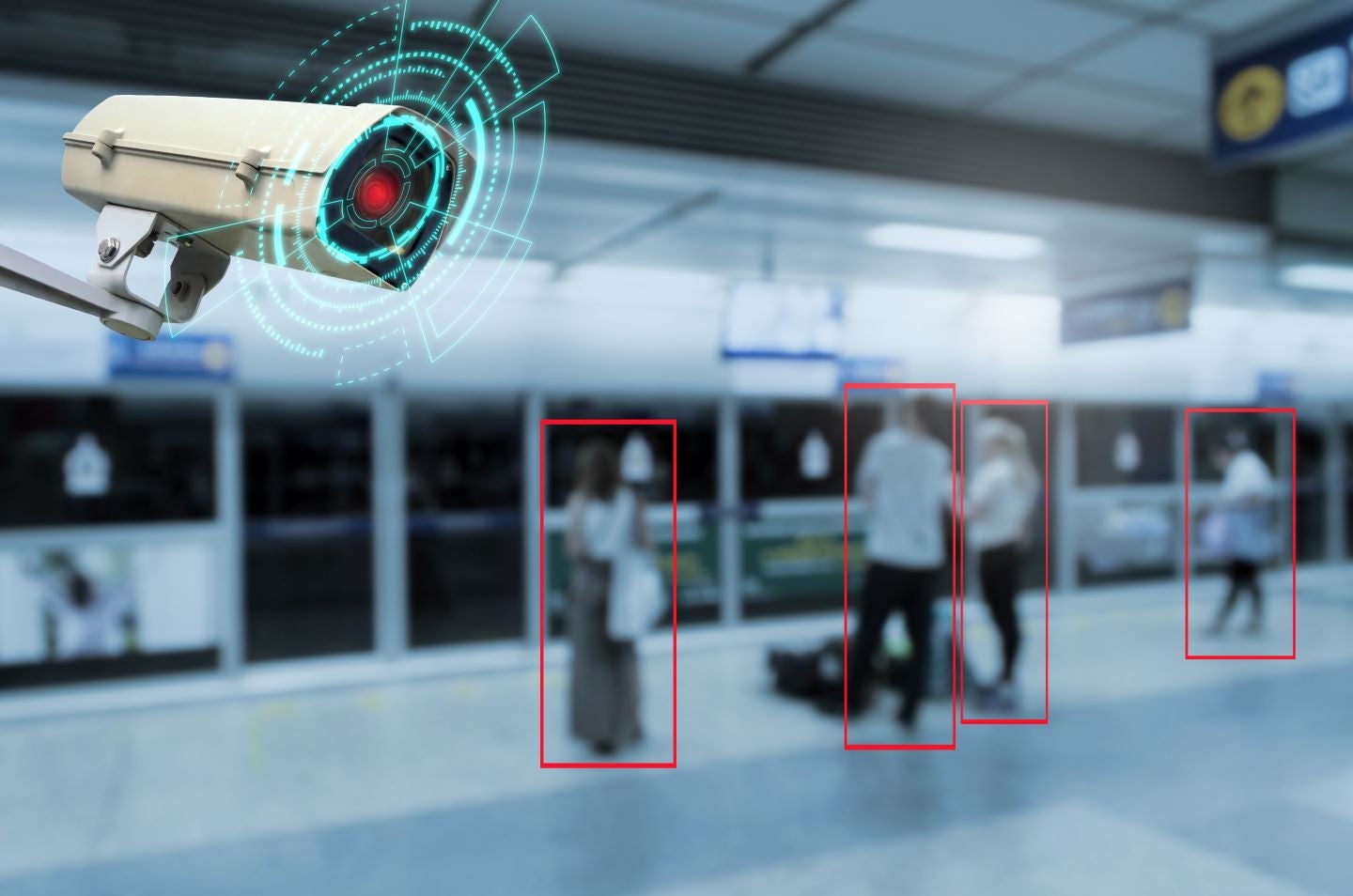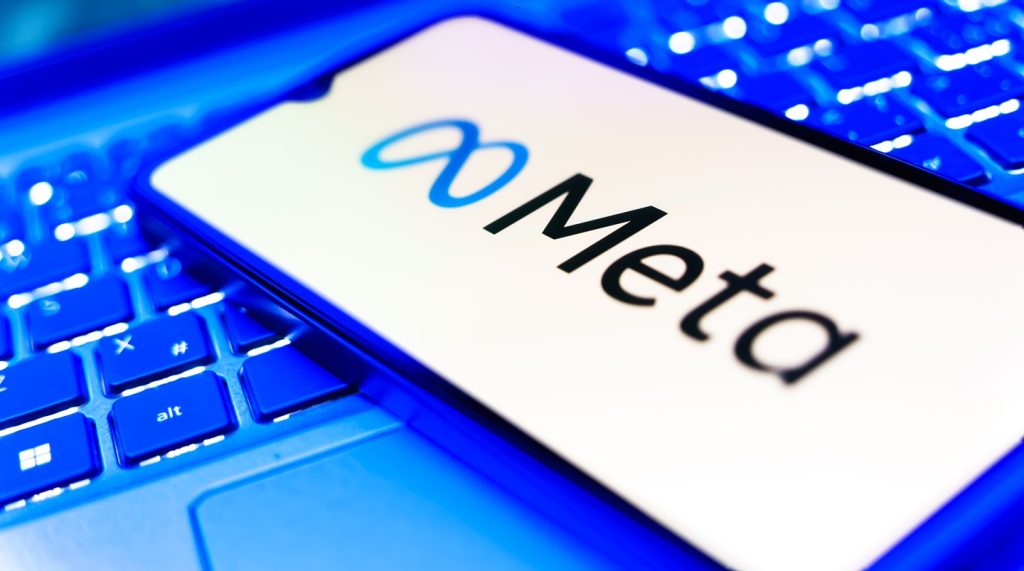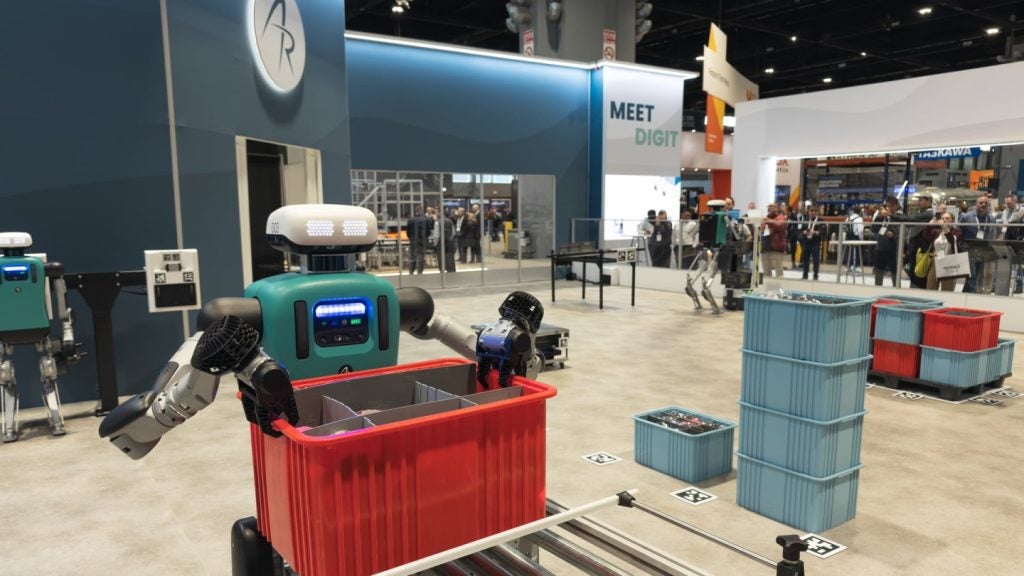Premiering in New York City in June 2002, Steven Spielberg’s critically acclaimed film Minority Report, starring Tom Cruise, depicted a society where police use psychic mutants to predict and prevent murderers from committing their crimes. Now, South Korean company Electronics and Telecommunications Research Institute (ETRI) is using AI to make it a reality.
Aptly named ‘Dejaview,’ ETRI’s high-tech platform blends AI with real-time CCTV to predict crimes before they transpire. But whereas the Pre-Crime department Tom Cruise heads in Minority Report focused on criminal intention, Dejaview is instead concerned with probability.
ETRI says the platform can discern patterns and anomalies in real-time scenarios, allowing it to predict incidents from petty offences to drug trafficking with a sci-fi-esque 82% accuracy rate. Its ‘brain’—a vast predictive crime map (PCM)—is composed of over 33,000 CCTV clips of illicit incidents in the Seocho District, Seoul, captured between 2018 and 2021.
ETRI envisions a future where Dejaview is deployed by local governments across South Korea, enhancing public safety measures at national events and critical infrastructure sites such as airports and energy facilities. The company also sees potential applications in addressing recidivism, using the platform to monitor high-risk individuals and those under electronic surveillance.
A new paradigm of CCTV
Dejaview represents the next frontier of CCTV, which promises not just to prevent crime but to revolutionise the whole concept of social safety. In the words of one senior researcher at ETRI: “We have now laid the technical foundation that will allow us to take the leap to the next level and the development of a futuristic, advanced social safety system.”
Little thought, however, has been given to privacy, even less to the psychological impact on citizens. This is pertinent given that South Korea has spent the past decade ramping up CCTV coverage. As of 2023, there were about 1.77 million cameras in operation across the country. That’s an increase from 954,000 in 2019 and an elevenfold increase since 2008, according to Statista data.
Most concerns regarding CCTV arise from the idea of being watched, recorded, or tracked. While some people remain unfazed, pointing out that most CCTV footage is not actively monitored in real-time, the advent of Dejaview introduces a new dimension of scrutiny. Citizens will find themselves under constant observation by an invisible agent. This could foster a climate where even innocuous activities like using a cash machine or taking a shortcut on your commute home trigger feelings of unease and self-awareness.
While the allure of preemptive crime prevention is enticing, it raises obvious concerns about the encroachment on privacy and civil liberties. The recent EU AI Act, for instance, categorises tools like Dejaview—that use AI to predict the likelihood of a person becoming a victim or offender—as high-risk. But the Act does allow real-time biometric identification to prevent threats to life or physical safety, and in extreme cases a terrorist attack.
At a time when pervasive surveillance increasingly blurs the lines between security and intrusion, the risk of misuse—or overuse—of such technology should worry us all.








